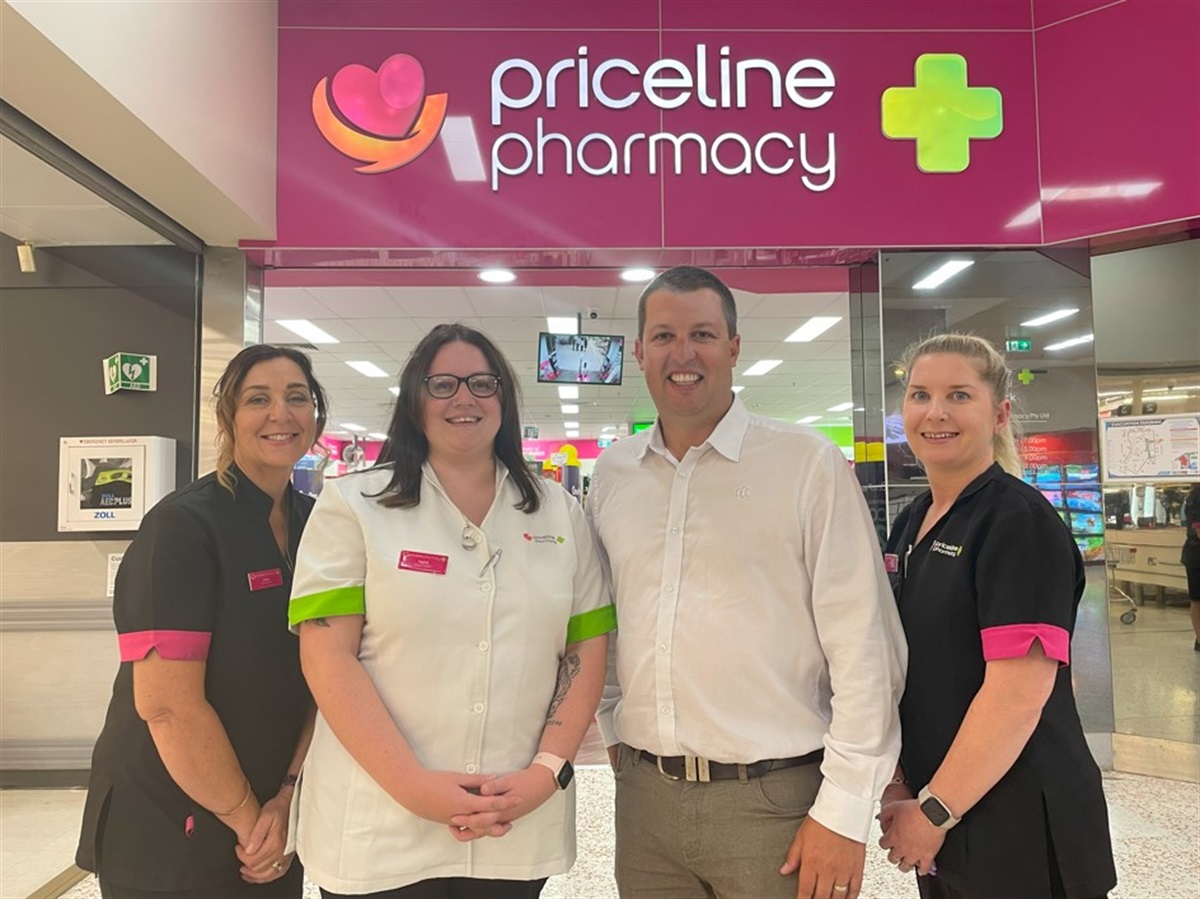
Growers will learn how to unlock the full potential of nitrogen fixation from their pulse crops with the help of four free-of-charge Grains Research and Development Corporation (GRDC) workshops to be held across South Australia and Victoria in June.
The ‘Boosting on-farm nitrogen fixation in pulses’ workshop series will update growers and advisers on the latest research into inoculation techniques and discuss factors relating to inoculation, including dry sowing, acid tolerance, chemicals, soil types and the effectiveness of new and existing rhizobia strains.
Researchers from Primary Industries and Regions SA’s research division the South Australian Research and Development Institute (SARDI), Liz Farquharson and Ross Ballard, as well as independent consultant Maarten Ryder, will share their insights at the workshops in Kimba, Cummins, Adelaide and Swan Hill from June 17.
“Growers will have an opportunity tohear the latest advice regarding best practice inoculation and assessing crops for adequate nodulation,” Dr Farquharson says.
“We will cover general inoculation practice, as well as topics such as dry sowing, acid soils and inoculant compatibility with pesticides.
“We’ll also give a guide on how to assess crop nodulation, including when to sample and how to sample and provide some tips on estimating how much fixed nitrogen a pulse crop contributes to the farming system.”
The half-day workshops will feature an interactive hands-on session where growers can bring in their own plants to learn more about the factors that contribute to adequate nodulation.
“The hands-on sessions will take the mystery out of nodule assessments, providing growers with confidence that crops are adequately nodulated,” Dr Farquharson says.
“Growers are encouraged to dig up some pulse plants, including as much of the root system as possible, and bring them along to the workshops to assess early nodulation.
“We suggest no more than five plants per sample and plants should be a minimum of four weeks old post-emergence.”
A district agronomist with expertise in pulse production will be present at each workshop to troubleshoot any pulse production issues and provide general advice on optimising pulse production and, in turn, nitrogen fixation.
All workshop participants will receive copies of the GRDC’s Back Pocket Guide on Inoculating Legumes: A Practical Guide and Inoculating Legumes.
The workshops will be at:
- Kimba, Gateway Hotel, on Monday, June 17, 3pm-5pm
- Cummins, Cummins Bowling Club, on Tuesday, June 18, 9am-1pm (lunch supplied)
- Adelaide, SARDI Meeting Room, Waite Campus, on Monday, June 24, 9am-1pm (lunch supplied)
- Swan Hill, Swan Hill Football Netball Club, on Friday June 28, 9am-1pm (lunch supplied).
These workshops are an initiative of the GRDC investment ‘Increasing the effectiveness of nitrogen fixation in pulse crops through extension and communication of improved inoculation and crop management practices in the southern region’.
The project partners are Mallee Sustainable Farming, Bates Ag, Rural Directions, Southern Farming Systems, Birchip Cropping Group, Moodie Agronomy, Riverine Plains, SARDI-PIRSA, Trengove Consulting, Ryder Ryan Research and AgCommunicators.
To register, go to https://survey.agcommunicators.com.au/331435







